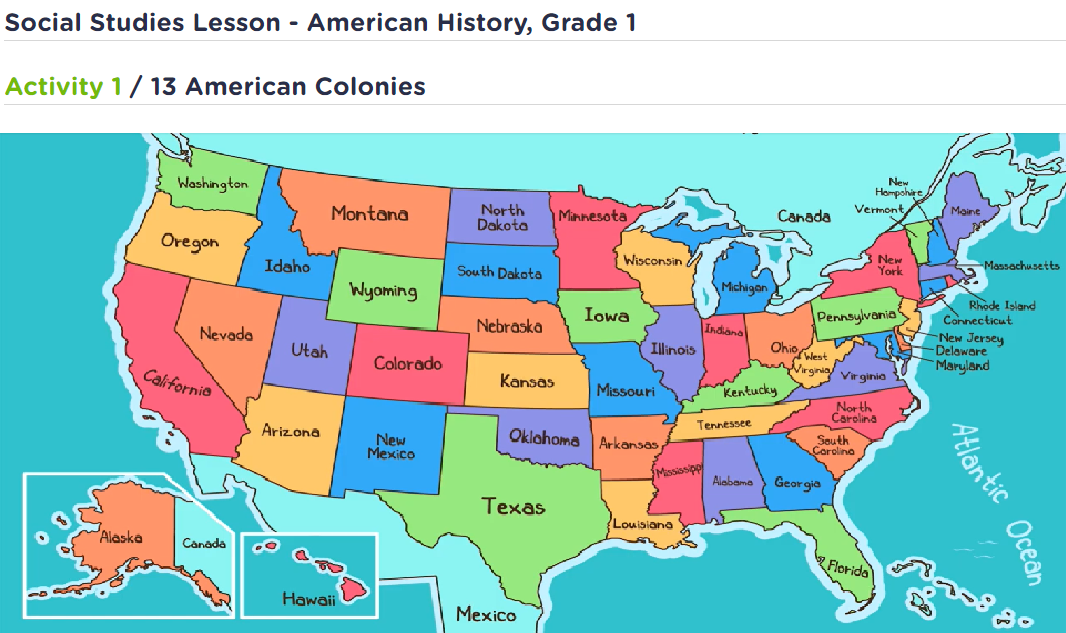Sound recognition Worksheets for 4-Year-Olds
8 filtered results
-
From - To
Explore our engaging Sound Recognition Worksheets designed specifically for 4-year-olds! These interactive worksheets help young learners enhance their auditory skills by identifying different sounds, boosting language development, and promoting early literacy. Featuring fun illustrations and activities, children will enjoy recognizing various sounds, such as animals, instruments, and everyday items. Our carefully crafted exercises foster listening skills and encourage the connection between sounds and their meanings. These worksheets are perfect for both classroom activities and at-home learning, making sound recognition a delightful experience for young learners. Help your child embark on their educational journey with our lively and effective resources!
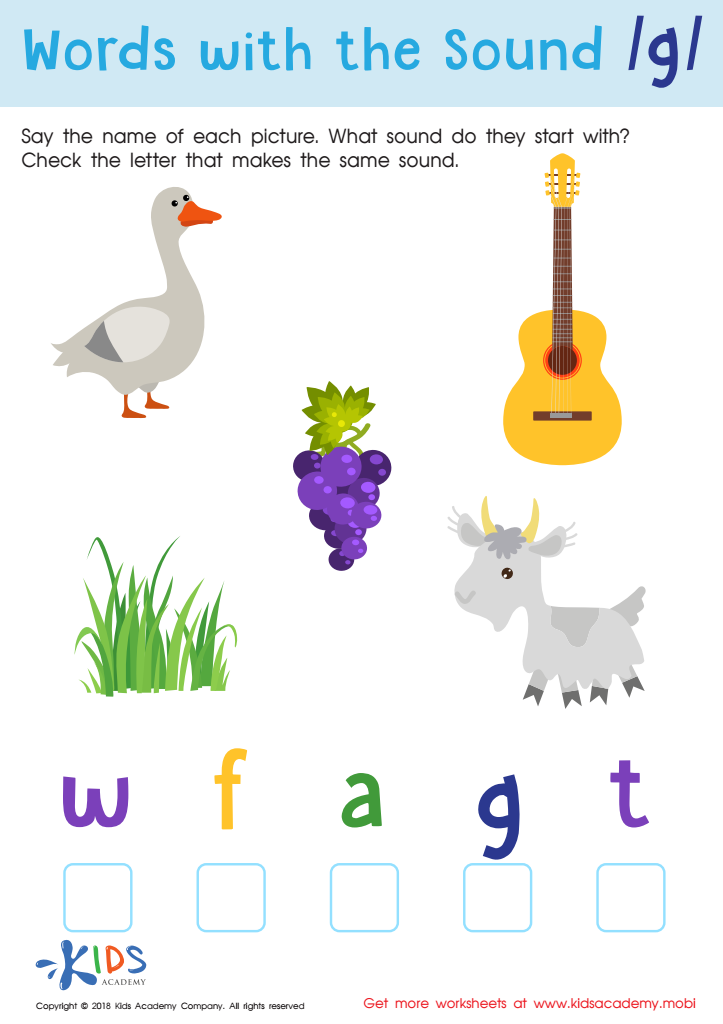

Words with sound g Reading Worksheet


Rhyming Words Rhyming Worksheet
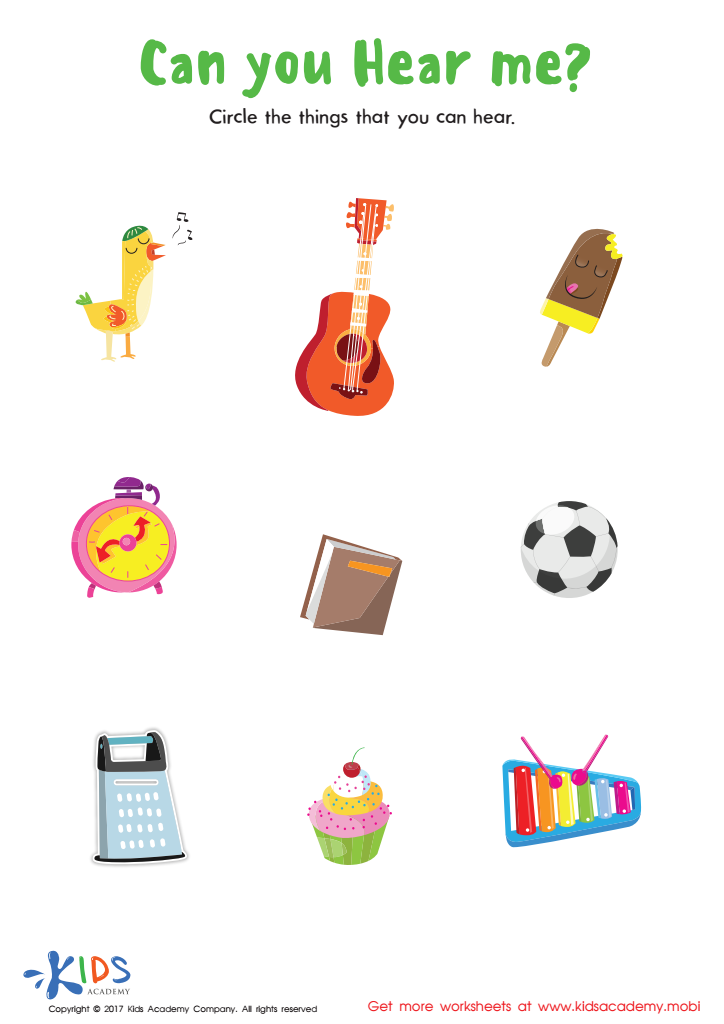

Can You Hear Me Worksheet
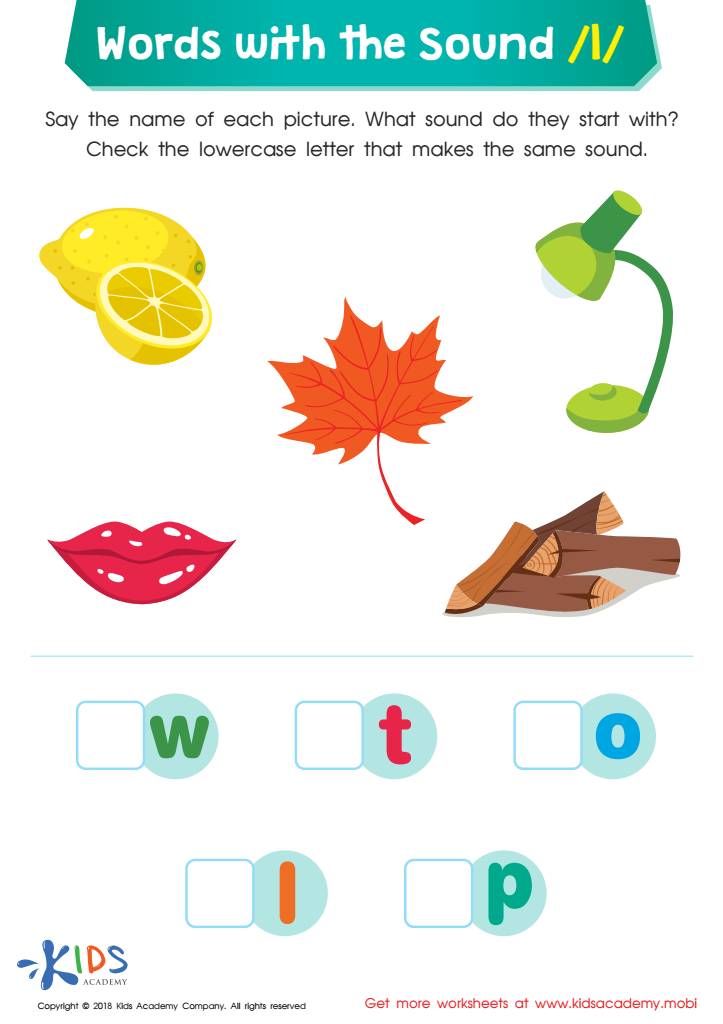

Words with Sound L Reading Worksheet


Long and Short U Worksheet


First Words: Picture Rhymes Worksheet
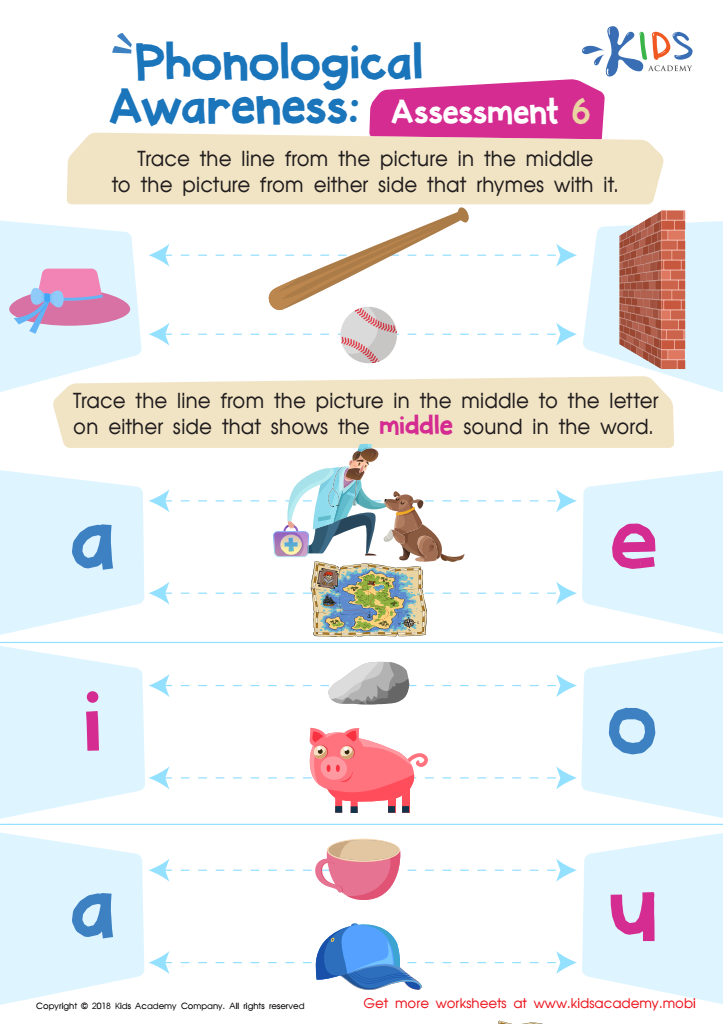

Phonological Awareness: Assessment 6 Worksheet
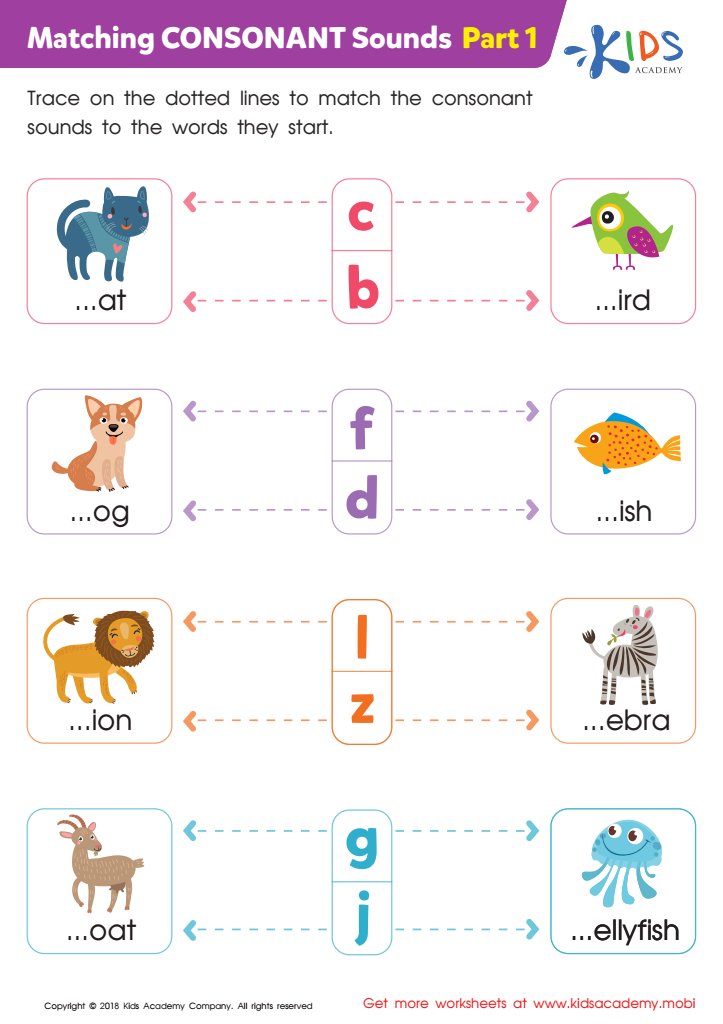

Matching Consonant Sounds: Part 1 Worksheet
Sound recognition is a foundational skill for early language development and literacy in children, making it crucial for parents and teachers to prioritize for 4-year-olds. At this age, children are naturally curious and beginning to explore the world of words and sounds. Sound recognition helps them differentiate between various phonemes, or individual sounds, which is essential for reading and spelling.
Understanding sounds supports vocabulary growth as children learn to associate sounds with letters and words. This lays the groundwork for phonics instruction later on, empowering them to decode words independently. Moreover, sound recognition contributes to listening skills, essential for effective communication and social interactions. Children who can recognize and differentiate sounds are often better equipped to follow directions and engage in group activities.
Additionally, fostering sound recognition can ignite a child’s interest in literature and storytelling, making learning more enjoyable. Engaging activities, such as rhymes, songs, and sound games, can make the process fun and interactive. Therefore, by caring about sound recognition, parents and teachers can significantly enhance a child's language skills, paving the way for academic success and lifelong learning. The emphasis on sound recognition ultimately contributes to a child's overall cognitive and emotional development.
 Assign to My Students
Assign to My Students


